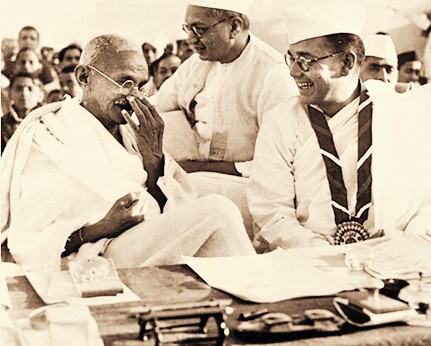The Last Light of Glory Days: Stories from Nagaland (Speaking Tiger, Rs 350) by Avinuo Kire brings together 10 charming short stories that capture the essence of Nagaland. The anthology weaves together different, often contrasting, strands of Naga life — the idyllic towns as well as the Indo-Naga conflict; Naga myths and folklore add to the magic: the landscape, it seems, is inhabited by spirits and armed men alike.
Kire’s storytelling is fresh and evocative. She excels, especially, in her understanding of a child’s experience of the world — this is seen in stories like “Flower Children”, where childhood innocence meets an abrupt end by getting caught between insurgents and soldiers, or “The Light”, where a young girl must find a way to escape sexual abuse.
In the Shadow of a Sword: The Memoir of a Woman Leader in the LTTE (Yoda-Sage Select, Rs 495) by Thamizhini"presents an account of Tamil militancy in Sri Lanka from an insider’s perspective based on the time that the author spent with the Liberation Tigers of Tamil Eelam. Translated by Nedra Rodrigo, the book provides a nuanced view of the LTTE’s militancy. Thamizhini reveals her motivations to join armed resistance and her struggles as a combatant. Her story sheds light on the rigorous training and, interestingly, various projects undertaken by the LTTE to help civilians. Thamizhini also discusses her role in the 2002 peace talks.
It would be wrong to term the book as a militant’s memoir. It describes a Tamil woman’s life-long encounters with an insurgent outfit from a range of perspectives — observations on State brutalities as a child; gender-based discrimination within the LTTE; and social prejudice that confronted her rehabilitation.

M.K. Gandhi and Subhas Chandra Bose Getty Images
The Vanishing of Subhash Bose: The Mystery Unlocked (Kalpaz, Rs 250) by Rajesh Talwar raises questions about the mysterious disappearance of Subhash Chandra Bose. Some of the evidence, Talwar claims, challenges the contention that Netaji died in a plane crash. That is not all. Talwar tries to establish that the investigations into the matter have not just been neglected but also sabotaged at various levels by successive governments in India. He focuses, in particular, on the power dynamics among Bose, M.K. Gandhi and Jawaharlal Nehru. Talwar traces the proceedings of the case but the conclusions that he draws remain highly speculative.










